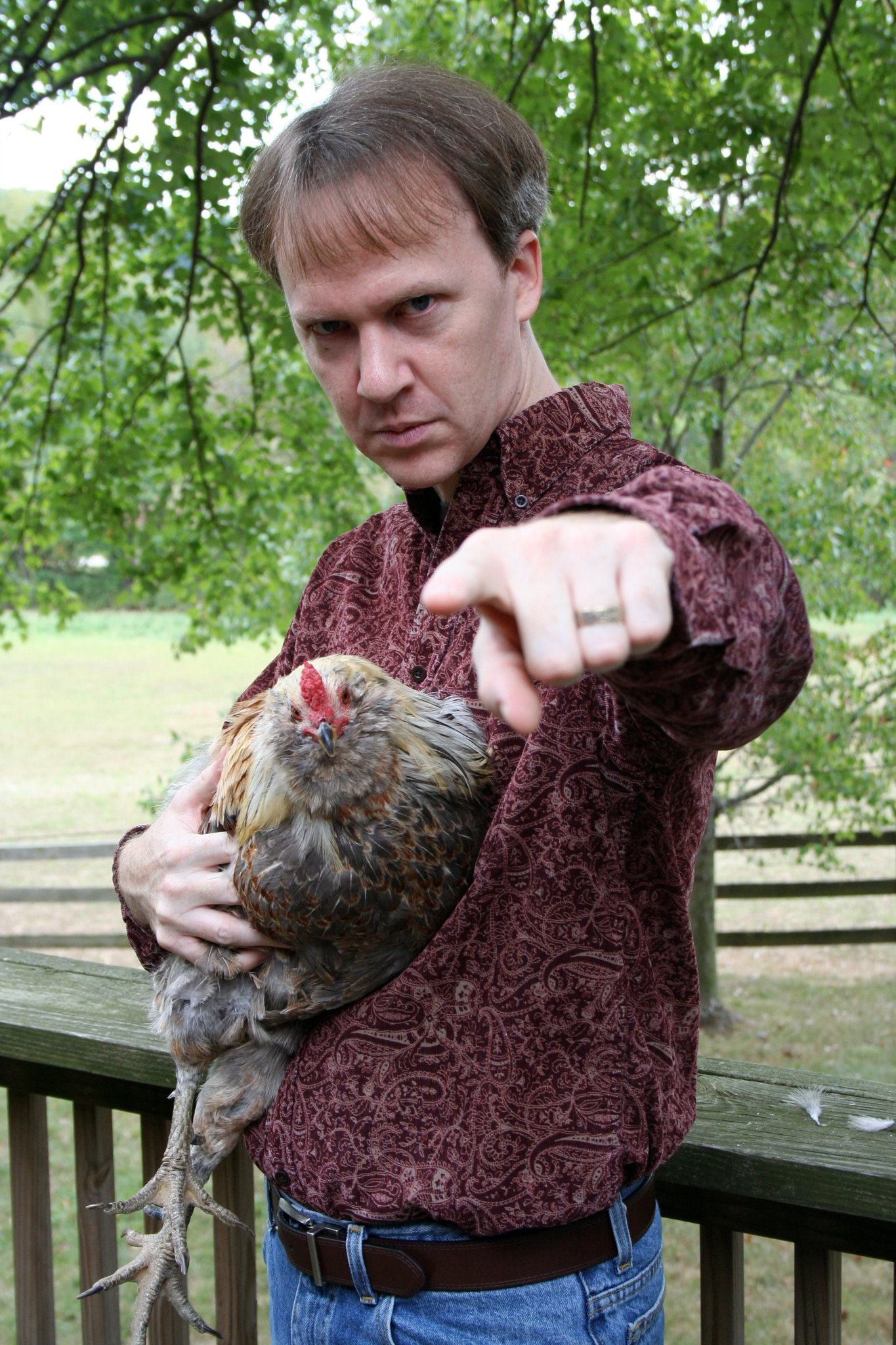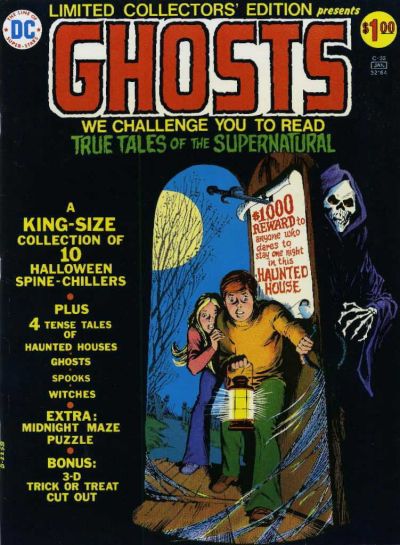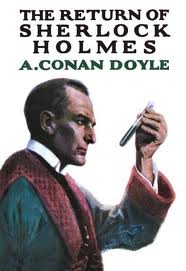 If I’ve never discussed the influence of Sherlock Holmes on my writing, it’s probably because until now I’ve been reluctant to admit something. Clearly Dabir is a smart guy who deduces things other folks can’t see, and, clearly, Asim is his trusted confidant who records their adventures — a nod to Holmes, right? Yet until recently I’ve been more familiar with the conventions of the Sherlock Holmes stories than the real thing. In my early 20s I’d read A Study In Scarlet, The Sign of Four, and a handful of stories and deduced that I either didn’t understand the magic, or that the character was better than the stories themselves.
If I’ve never discussed the influence of Sherlock Holmes on my writing, it’s probably because until now I’ve been reluctant to admit something. Clearly Dabir is a smart guy who deduces things other folks can’t see, and, clearly, Asim is his trusted confidant who records their adventures — a nod to Holmes, right? Yet until recently I’ve been more familiar with the conventions of the Sherlock Holmes stories than the real thing. In my early 20s I’d read A Study In Scarlet, The Sign of Four, and a handful of stories and deduced that I either didn’t understand the magic, or that the character was better than the stories themselves.
Turns out I was right about not understanding the magic. It took me a while to catch on.
My family has a copy of the stories in paperback editions, with the tales arranged in the order they were written. This means that the first adventures I read were A Study in Scarlet and The Sign of Four. To say that there are some slow bits in these two is to put things mildly. My initial impression was that Doyle was gifted and Sherlock was fascinating, but that the style was simply too dated for me. After them I dipped into a few of the short stories but swiftly ran out of steam.
Now I understand that the short novels were written while Doyle was figuring out how best to bring Sherlock to life. It turns out that these first novels didn’t actually sell that well in Doyle’s day. It wasn’t until the Sherlock Holmes short stories began appearing in The Strand magazine that the character became popular.
I wish I’d known that. And I wish it had occurred to me that maybe I didn’t have to read the short stories in order. While there are some brilliant early stories, it wasn’t until I read “Silver Blaze,” in the second collection, that I truly began to enjoy myself. It’s in that collection (The Memoirs of Sherlock Holmes) where I began to see some more interesting quirks of Sherlock Holmes’ character, and it’s by the third volume, The Return of Sherlock Holmes, that the writing struck me as consistently excellent. Really, if you’ve never read Sherlock Holmes before, I’d suggest starting there.
There are things a reader coming to them for the first time ought to be prepared for, and which I wish I’d known.
- They really aren’t buddy stories. We often see the stories presented as the adventures of Sherlock Holmes AND Watson. Consider the recent movies, which I rather enjoyed. But these really aren’t buddy stories. Sherlock is kind of a superhero, and Watson is a loyal normal man to whom Sherlock can explain things so we can see how truly extraordinary Sherlock really is. Watson’s not a dummy, and he’s dependable and brave – and a good shot – but this is Sherlock’s show.
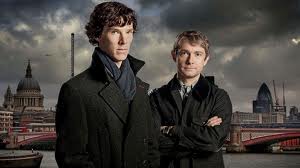 The BBC Sherlock series understands this very well.
The BBC Sherlock series understands this very well.
- They are more puzzles than action tales. As much as the stories are presented as adventures, these are mysteries. Some of the time, just when Doyle is building toward what looks like an exciting adventure climax the tale suddenly ends without much action at all… and that’s because, I believe, Doyle’s real fascination was in seeing Holmes deduct his way to the solution. This was a disappointment for me at first, because this sort of conclusion occurs in some of the more famous titles. Once you understand that might happen, it’s not as rude a shock.
- Moriarty is more concept than character. Moriarty is a fascinating character, but the lone story where he’s on stage isn’t actually that engaging. I think that’s because Doyle created Moriarty so he could kill off Holmes, of whom he seems to have grown quite tired. As a result, it feels like Doyle is just rushing to get to the conclusion so he can hurl Holmes over that waterfall. That there was a great antagonist whose potential wasn’t realized has provided endless fascination for pastiche writers and those who have adapted the stories into other media. But he doesn’t appear in the background manipulating things except offstage in The Valley of Fear, written long after the story that kills him and Holmes.
- Be prepared for the genre conventions. There are thematic moments, especially in earlier stories, that begin to feel the same. Stretches where the clients carefully relate a long sequence of events so that Holmes can have the clues that lead him to the solution. The narrators begin to sound rather similar, and sometimes this opening part of the tale seems to drag.
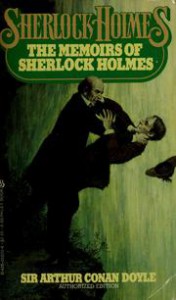 But I said that I liked them, didn’t I? Taken as a whole, the Sherlock Holmes stories are works of genius. I should be so lucky to create something that so resonates not just during my time, but for generations to follow. Sure, there are some things I didn’t like, but even my favorite TV shows have some episodes that don’t work as well. And of course every genre has its conventions. Once you know what to expect, you can sit back and enjoy the ride.
But I said that I liked them, didn’t I? Taken as a whole, the Sherlock Holmes stories are works of genius. I should be so lucky to create something that so resonates not just during my time, but for generations to follow. Sure, there are some things I didn’t like, but even my favorite TV shows have some episodes that don’t work as well. And of course every genre has its conventions. Once you know what to expect, you can sit back and enjoy the ride.
Right now I’ve read the first three volumes – generally considered by Holmes aficionados to be the best stories, along with The Sign of Four, A Study in Scarlet, and The Hound of the Baskervilles. That leaves two more short story collections and another novel, The Valley of Fear. If you’ve been curious and want to dip in for the first time, I heartily suggest starting with The Memoirs of Sherlock Holmes or The Return of Sherlock Holmes.
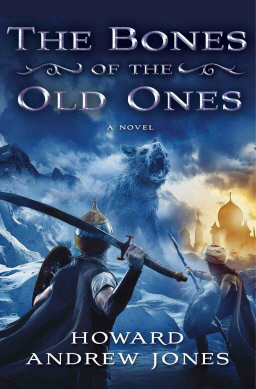 As I mentioned last week, I’m launching a contest to win an advance reader copy (known as an ARC) of the next Dabir and Asim novel, The Bones of the Old Ones. Now Bones won’t actually be available until December 11 of 2012 through bookstores (or via Kindles and Nooks and what have you), but ARCs will start going out to reviewers within the next few months. And one of them could be headed your way.
As I mentioned last week, I’m launching a contest to win an advance reader copy (known as an ARC) of the next Dabir and Asim novel, The Bones of the Old Ones. Now Bones won’t actually be available until December 11 of 2012 through bookstores (or via Kindles and Nooks and what have you), but ARCs will start going out to reviewers within the next few months. And one of them could be headed your way.